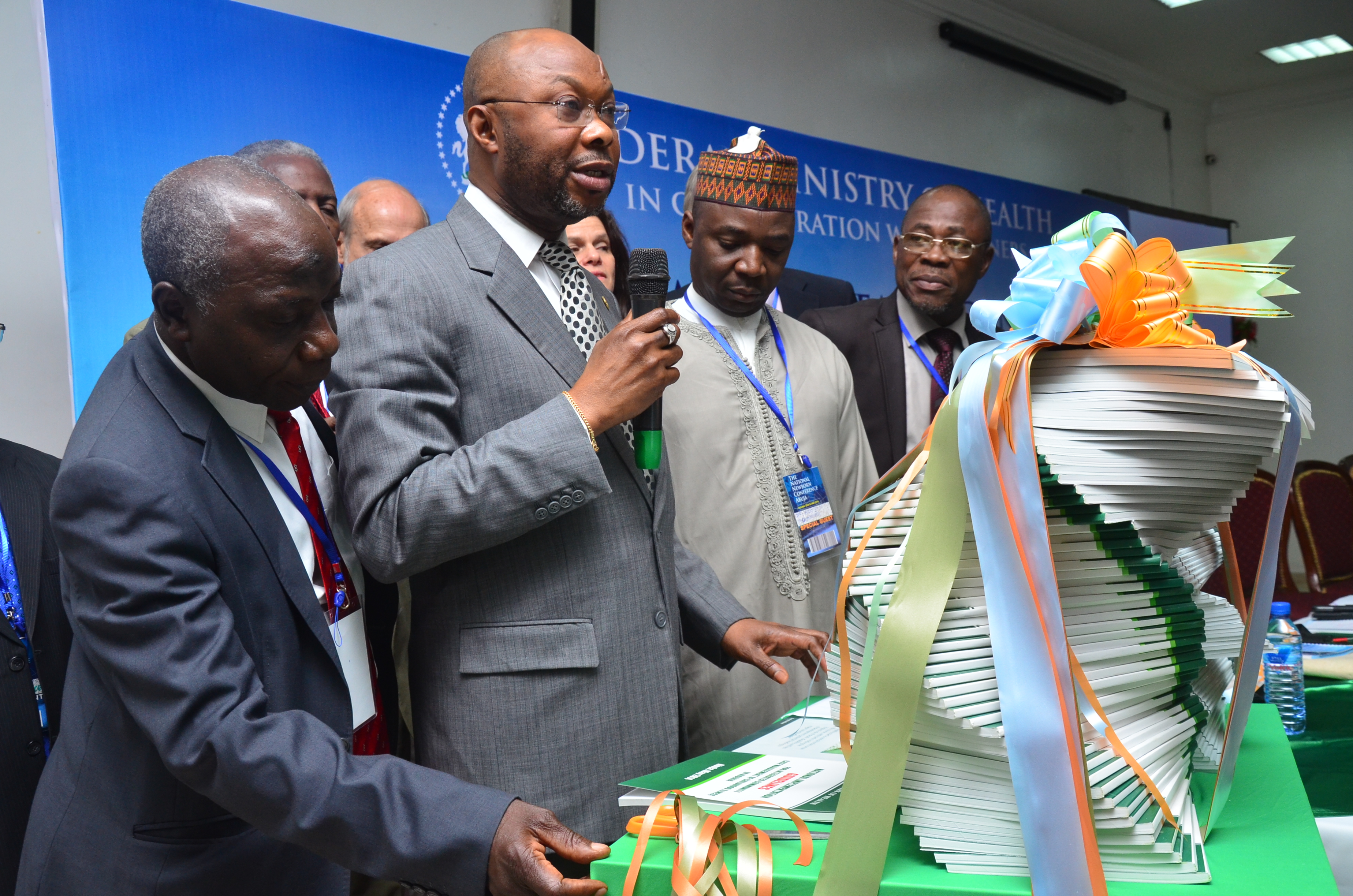By Dili San Jules.
Continued funding of projects that offer women money to attend antenatal clinic is becoming uncertain as the Subsidy Reinvestment Programme (SURE-P) starts to wind up amidst falling oil prices on the international market. SURE-P has spent a total N69 million since its start in 2012 to more than 16,000 rural women in 17 states, under a conditional-cash-transfer programme, to encourage them to attend antenatal clinic at least four times during pregnancy and to deliver in a health facility.This week concerns emerged how the N5,000-per-woman transfer meant to stimulate demand for maternal and child health services could be sustained beyond 2015 as SURE-P begins to consider “exit strategies”, according to Dr Ugo Okoli, director of SURE-P’s “safety net” project on maternal and child health.
“When SURE-P started, the federal government made it clear that it would run between 2012 and 2015. Let’s not get that wrong; they made that very clear—that they want to show example of what they could do with subsidy,” she told Daily Trust on the sidelines of a meeting of experts exploring emerging priorities in maternal and child health in Abuja.
“So 2015 is next year, and naturally we have to start thinking about exit strategies. But what we are also facing now is fall in oil prices and very possible removal of subsidy. We really have to start thinking about exit strategies with the states.”
Since 2012 SURE-P’s safety net project for maternal and child health has recruited nearly 12,000 healthcare workers deployed to antenatal and skilled birth delivery in mostly rural areas, where up to 3,000 of them are supported by SURE-P funding for drugs.This week the project admitted most of its officials had not been paid for the past two months, signaling more budget problems ahead of its possible windup.
SURE-P wants to push its success story to encourage states to take up the intervention once federal government drops it, citing an increase of 21% of people now using health facilities and a further increase by 32% of women who now deliver at health facilities. Experts have criticized SURE-P for treating maternal and child as simply a project, instead of integrating its components into the entire health system, according to Prof Friday Okonofua, president of Women’s Health and Action Research Center




